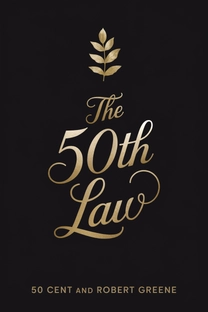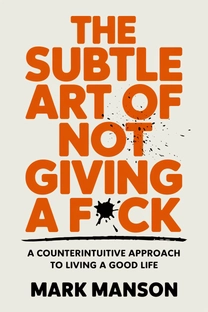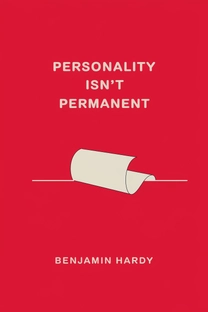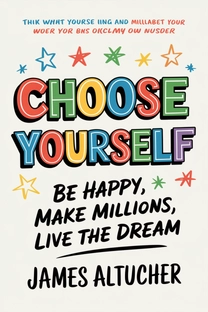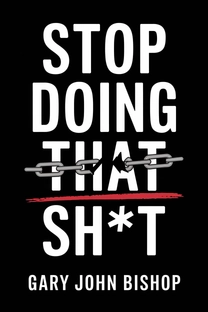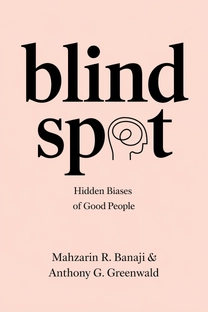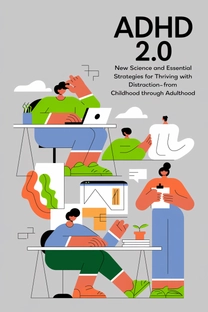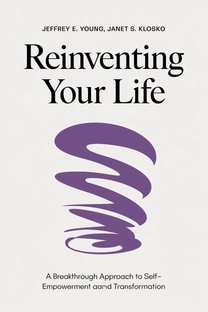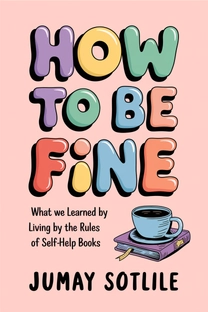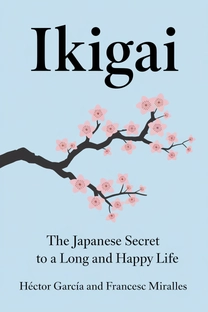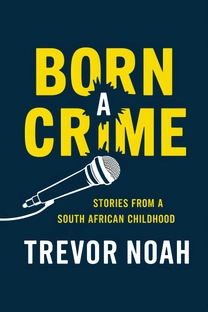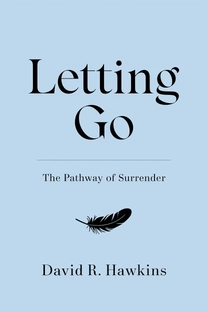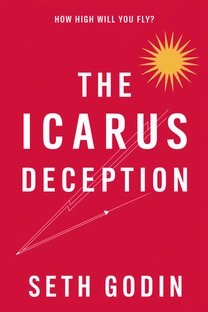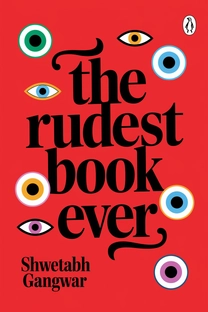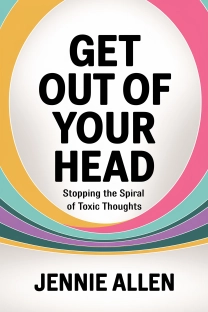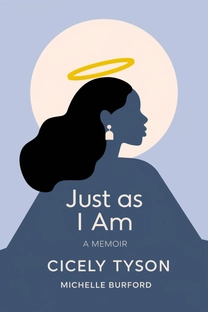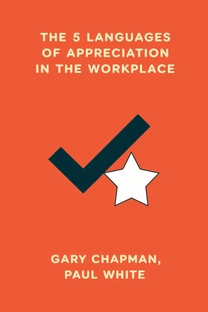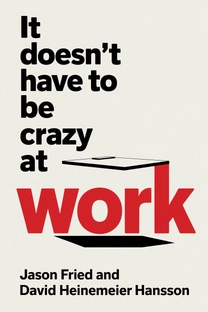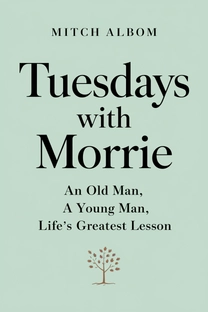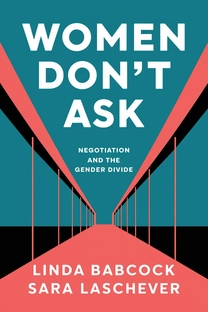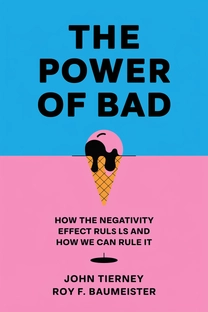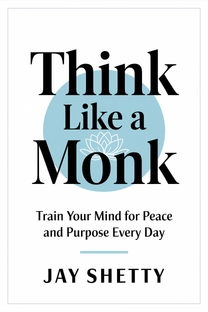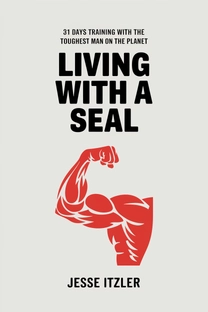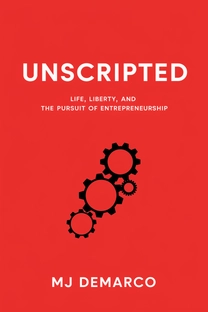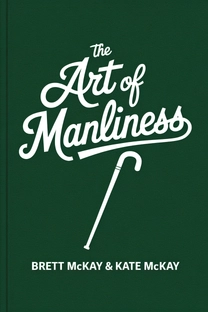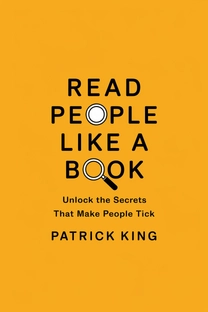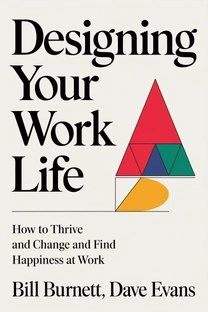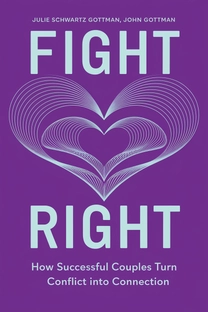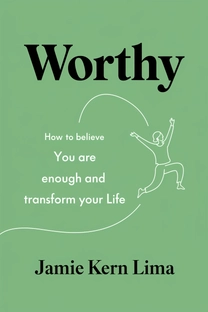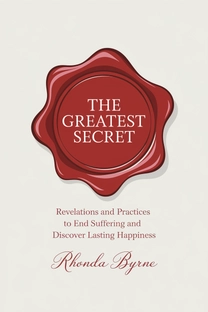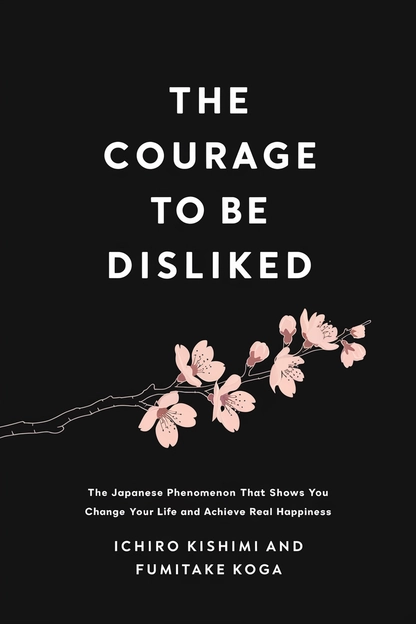
The Courage to Be Disliked
The Japanese Phenomenon That Shows You How to Change Your Life and Achieve Real Happiness
by Ichiro Kishimi, Fumitake Koga
Brief overview
This book explores key insights from Alfred Adler’s Individual Psychology, presented through a dialogue between a philosopher and a skeptical youth. It shows how we can overcome past experiences, build healthier relationships, and cultivate the courage to live a life true to ourselves. By releasing the need for approval and focusing on what we can do here and now, the book explains how anyone can achieve genuine happiness.
Introduction
Imagine stepping into a cozy study late at night to debate life’s biggest questions with a philosopher. That is the essence of this book, in which a curious, conflicted youth grapples with Alfred Adler’s ideas. Adler, often overshadowed by Freud and Jung, argued that our present goals matter more than any so-called past causes. The youth arrives burdened by self-doubt and dissatisfied with life.
In their conversations, the philosopher challenges the youth to abandon blame and embrace the power of choice. They delve into why we cling to painful memories, how we struggle with feelings of inferiority, and what it means to be truly free. The youth fights back with skepticism, insisting that people are shaped by their past traumas and can’t easily change.
Yet, little by little, the philosopher dismantles those arguments. He frames Adler’s teachings as lessons in courage: the courage to let go of old wounds, to face relationships without fear, and to celebrate one’s own existence. Ultimately, this entire dialogue forms a guide to living according to your own values, without sacrificing authenticity in the pursuit of recognition.
Why We Cling to Our Past
Many believe our histories control our present outlook, claiming that we can’t help being anxious or fearful because of traumatic experiences. Adler’s viewpoint, however, is teleological rather than causal: we deploy past memories to justify the choices we make now. Essentially, we choose not to move forward and then invoke “trauma” as the cause.
The youth struggles with this, pointing out that hardships like abuse or deep emotional scars must matter. The philosopher agrees those incidents influence us but urges that how we respond is our choice. We interpret memories to fit present goals, such as avoiding challenges or preserving a victim identity.
By accepting this perspective, we can begin to see how we inadvertently cling to past narratives to protect ourselves from stepping into the unknown. This revelation, Adlerian psychology argues, is the first step in regaining control over our lives and discarding limiting stories that hold us back.
What is The Courage to Be Disliked about?
The Courage to Be Disliked introduces readers to Alfred Adler’s Individual Psychology in a lively dialogue that challenges the grip of approval-seeking and old traumas. Through a conversation between a philosopher and a skeptical youth, the book highlights how our future is shaped less by our past and more by how we choose to interpret our experiences. It offers a clear framework for letting go of self-doubt, improving relationships, and discovering personal freedom.
Central to its appeal is the authors’ focus on the concept of courage—courage to abandon negative self-labels, disengage from toxic comparison, and face the possibility of being disliked. By illustrating practical steps to separate tasks, stop chasing validation, and build authentic bonds, the book shows how embracing individual responsibility can spark meaningful growth for anyone seeking genuine happiness.
Review of The Courage to Be Disliked
This book’s greatest strength lies in its accessible format. By presenting Adlerian theory as a conversation, it unpacks ideas about self-discovery and fulfillment in relatable terms. Readers gain practical tips for cultivating healthier connections with others, from defining personal responsibilities to letting go of pleasing everyone. The zero-focus on past traumas also sets this book apart, insisting that true change starts with the mindset we choose today rather than the pain we endured yesterday.
Adler’s approach resonates with a broad audience because it blends everyday language with deep psychological insight. Ichiro Kishimi and Fumitake Koga write with empathy, ensuring that these teachings feel relevant to both beginners and seasoned readers of personal growth literature. If you value clear guidance on improving your outlook and taking ownership of life’s challenges, this book is a worthwhile read.
Who should read The Courage to Be Disliked?
- Professionals seeking to manage workplace stress and interpersonal dynamics
- Individuals who want to move beyond past hurts and break limiting beliefs
- Those who struggle with people-pleasing or chronic fear of disapproval
- Readers exploring new ways to build healthier, more equitable relationships
About the author
Book summaries like The Courage to Be Disliked
Why readers love Mindleap
10-Minute Book Insights
Get the core ideas from the world's best books in just 10 minutes of reading or listening.
Curated For You
Discover your next favorite book with personalized recommendations based on your interests.
AI Book ExpertNew
Chat with our AI to help find the best book for you and your goals.
Reviews of MindLeap
Love how I can get the key ideas from books in just 15 minutes! Perfect for my busy schedule and helps me decide which books to read in full.
Alex R.
The summaries are incredibly well-written and the audio feature is perfect for my commute. Such a time-saver!
Jessica M.
Great app for personal growth. The insights are clear and actionable, and I love how they capture the essence of each book.
Chris P.
The app is beautifully designed and the summaries are top-notch. Definitely worth every penny!
Sarah K.


